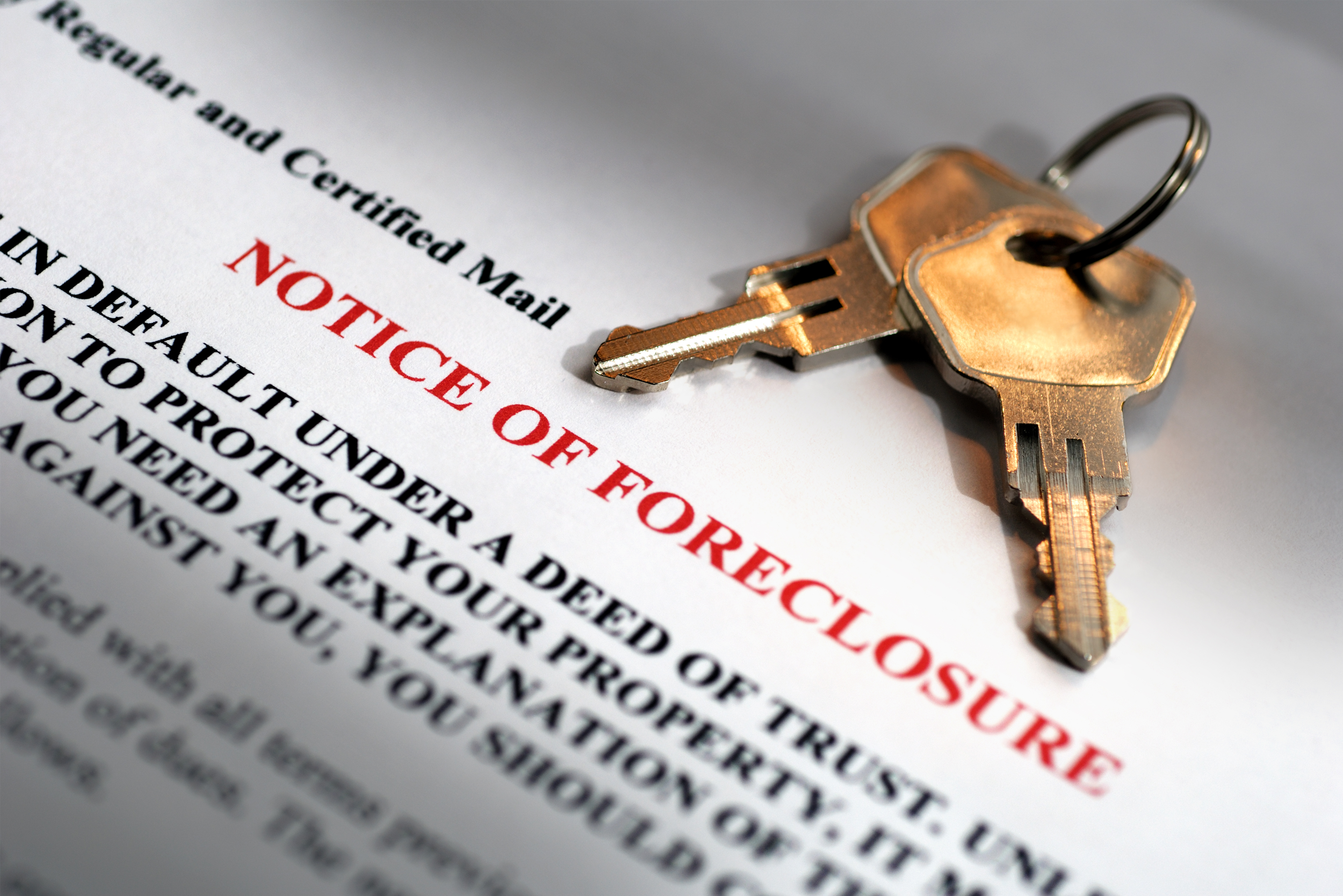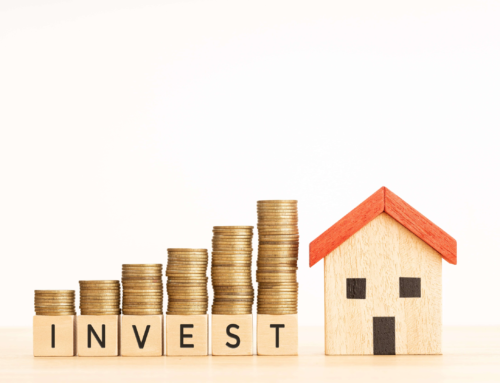The Basics of Foreclosure: Understanding the Process
Foreclosure is a legal process that occurs when a homeowner defaults on their mortgage payments, resulting in the lender seizing and selling the property to recover the outstanding debt. As a real estate expert, it is essential to comprehend the foreclosure process and its implications. In this blog, we will delve into the fundamental aspects of foreclosure, providing a comprehensive understanding of its various stages and potential consequences.
1. What is Foreclosure? Foreclosure Defined: An overview of foreclosure as a legal process initiated by lenders to recover unpaid mortgage debt.
2. Pre-Foreclosure Stage Notice of Default: Explaining the initial step where the lender notifies the homeowner of their delinquency and provides an opportunity to rectify the situation. Short Sale: Understanding the option for homeowners to sell their property for less than the outstanding mortgage balance to avoid foreclosure.
3. Headline: Foreclosure Auction Judicial Foreclosure: Discussing the foreclosure process supervised by the court, including the auctioning of the property to the highest bidder. Non-Judicial Foreclosure: Explaining the foreclosure process conducted outside the court system, where the lender follows state-specific procedures.
4. Headline: Post-Foreclosure Stage Real Estate Owned (REO): Detailing the stage where the lender becomes the owner of the foreclosed property and the potential challenges they face. Property Redemption: Exploring the limited opportunity for homeowners to reclaim their foreclosed property by paying the outstanding debt.
5. Consequences of Foreclosure Credit Impact: Highlighting the adverse effects of foreclosure on the homeowner’s credit score and future borrowing capabilities. Deficiency Judgment: Explaining the possibility of the lender pursuing a deficiency judgment to recover any remaining debt after the foreclosure sale.
Conclusion: Understanding the basics of foreclosure is vital for real estate professionals to assist clients facing or interested in distressed properties. By comprehending the foreclosure process, from pre-foreclosure to post-foreclosure stages, you can provide valuable guidance to homeowners and potential investors. Remember to consider the potential consequences of foreclosure, such as credit damage and deficiency judgments, to ensure informed decision-making. By staying informed and knowledgeable about foreclosure, you can better navigate the complexities of the real estate market.







